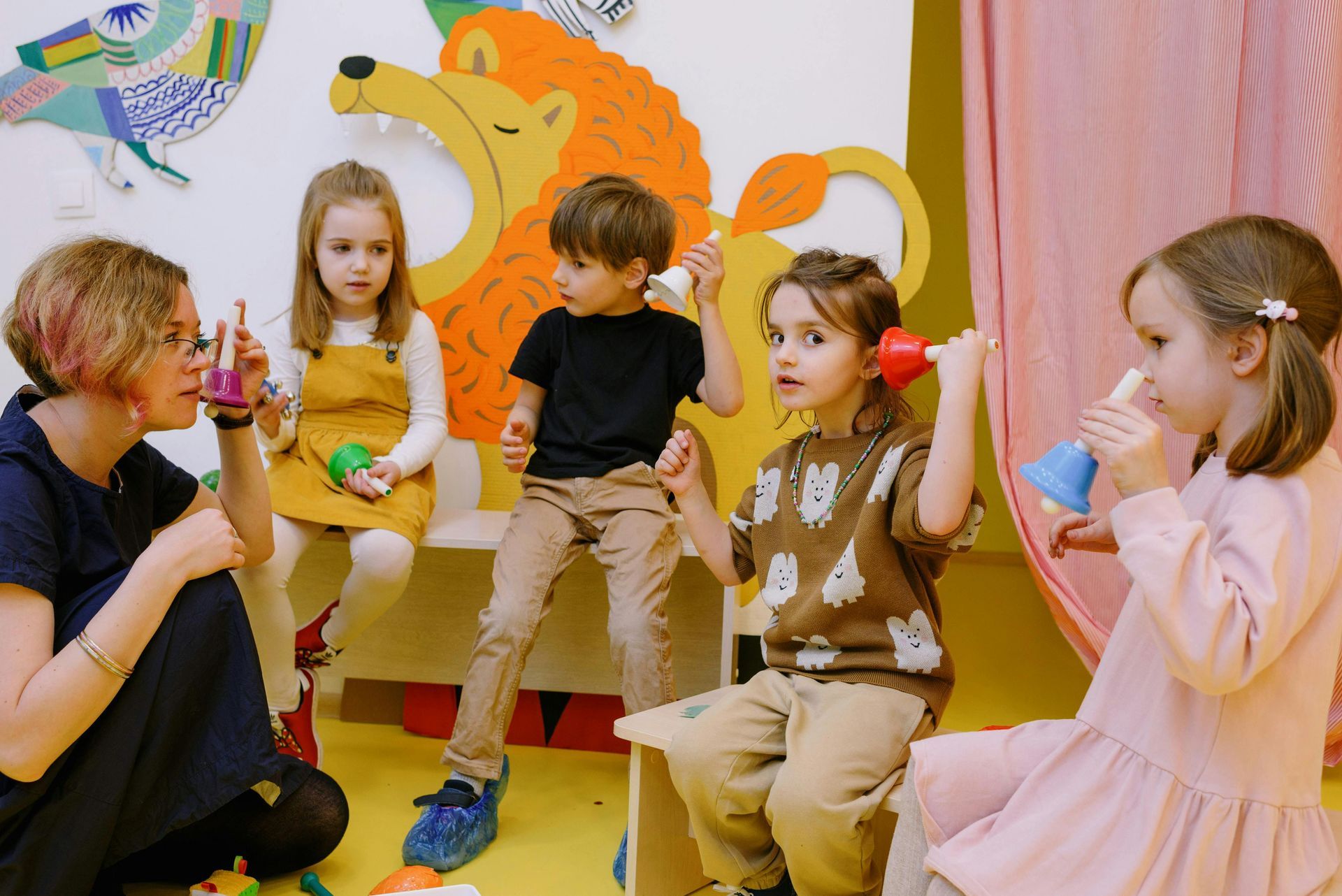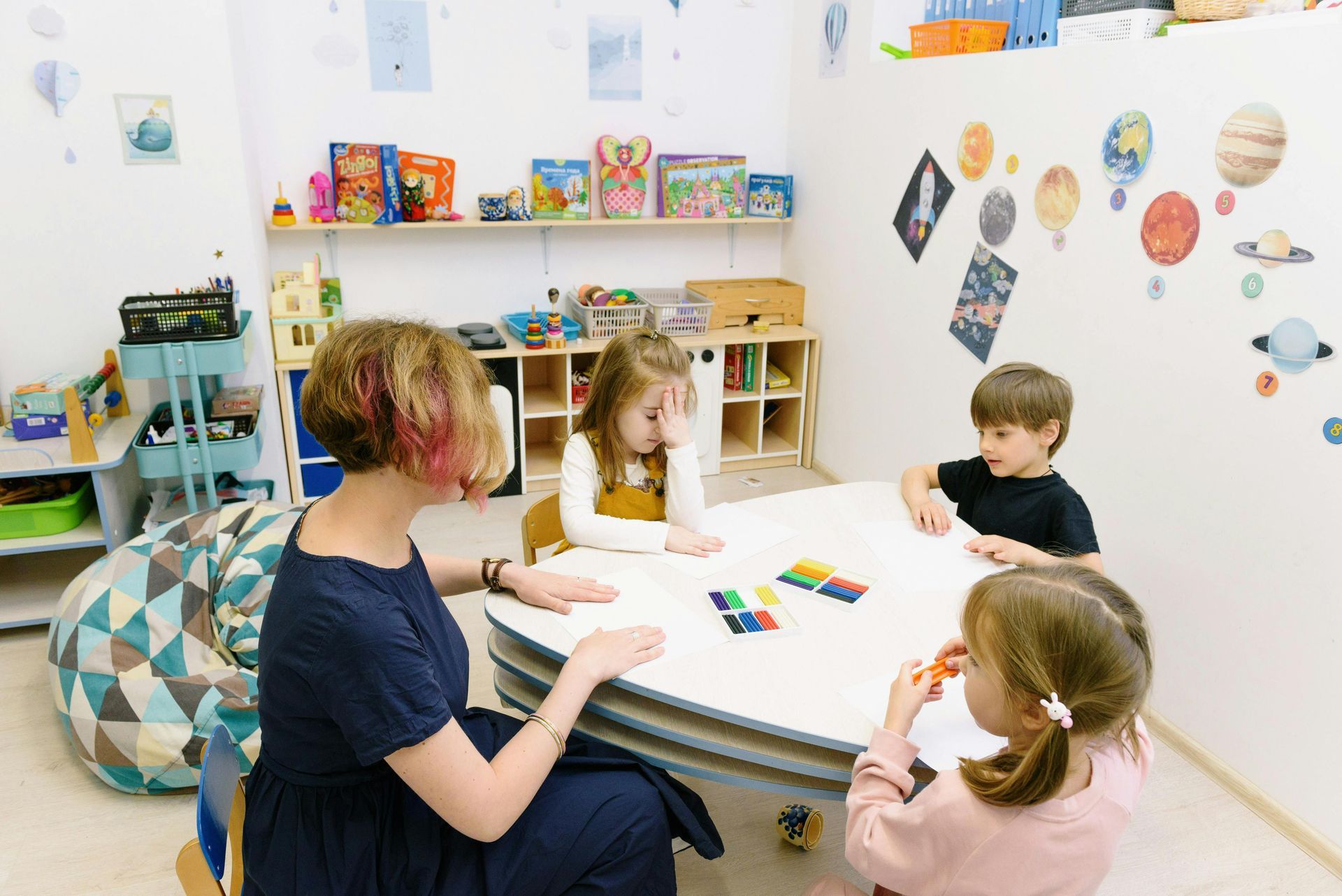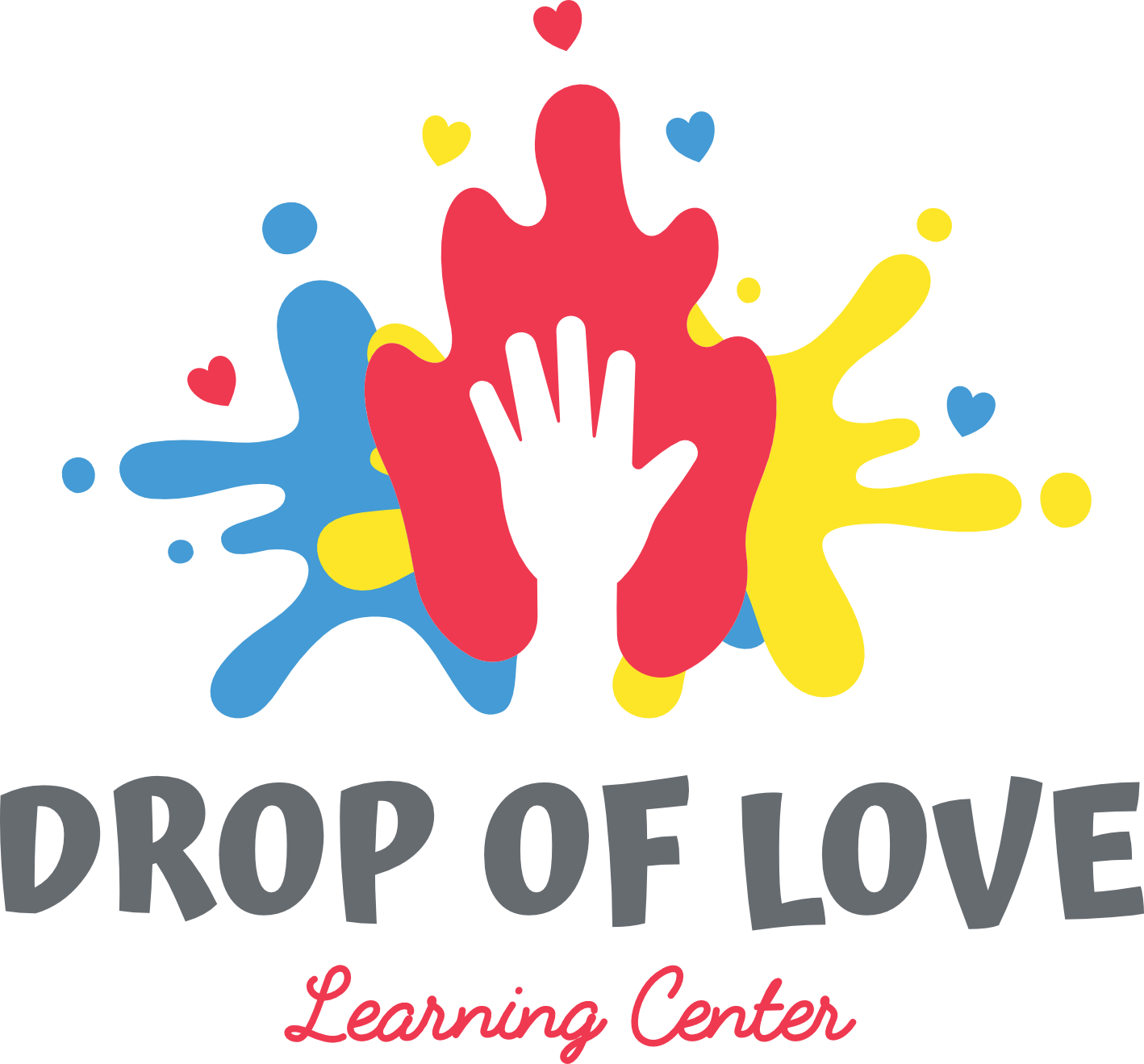Raising Emotionally Resilient Children: Building the Foundation for Lifelong Success

In today's fast-paced world, it’s easy to assume that academic skills are the most crucial for success. However, recent studies have shown that emotional intelligence (EQ) is just as important, if not more. Emotional intelligence encompasses the ability to understand, use, and manage our emotions positively. For children, learning these skills early on shapes not only their personal development but their future relationships and careers.
At Drop of Love Orlando, we believe that fostering emotional intelligence is key to helping children thrive both in the classroom and in life. This blog post explores the importance of nurturing EQ in young children and provides practical ways to encourage its development.
What is Emotional Intelligence?
Emotional intelligence refers to the ability to identify and manage one’s own emotions, as well as the emotions of others. This ability is often broken down into five key components:
- Self-awareness: Recognizing one’s own emotions and how they affect thoughts and behavior.
- Self-regulation: Managing emotions in healthy ways, particularly during stressful situations.
- Empathy: Understanding and sharing the feelings of others, which allows for better interpersonal relationships.
- Motivation: Being driven to achieve goals with energy and persistence, even when faced with challenges.
- Social skills: Effectively navigating social situations, building relationships, and resolving conflicts.
These components not only help children understand their emotions but also give them the tools to communicate effectively, form meaningful relationships, and cope with life’s challenges.
Why Emotional Intelligence Matters in Early Childhood
The early childhood years are critical for developing emotional intelligence. During this time, children begin to navigate the complexities of their emotions, learn how to interact with others, and build the foundation for future success. Here are a few reasons why developing emotional intelligence at a young age is so important:
- Better Social Interactions
Children with high emotional intelligence tend to form stronger friendships and engage in healthier social interactions. They are more empathetic, able to read social cues, and adapt to different situations, all of which are essential skills for building positive, lasting relationships. - Improved Academic Success
Research has shown that children with strong emotional intelligence are more likely to perform well academically. When children can manage their emotions, they are better able to focus, solve problems, and persevere through challenges—skills that are vital for learning and academic achievement. - Increased Resilience
Children with high emotional intelligence have better resilience. They can handle setbacks with a more positive outlook and bounce back from difficulties with more confidence. Teaching children to cope with stress and emotions from a young age sets them up for long-term success. - Strong Emotional Well-being
When children understand and regulate their emotions, they experience less anxiety, anger, and frustration. Emotional intelligence helps children develop healthy ways to manage their feelings, which contributes to overall emotional well-being and mental health.
How to Develop Emotional Intelligence in Children
As parents and educators, there are many ways to help children develop emotional intelligence. Here are some practical strategies that can make a big difference:
1. Encourage Emotional Awareness
The first step in developing emotional intelligence is helping children become aware of their emotions. This can be done by regularly discussing feelings. Use simple phrases like, "How are you feeling today?" or "What made you happy/sad today?" This gives children the opportunity to recognize and express their feelings. Introducing them to a variety of emotions through stories, books, and role-playing games helps them build their emotional vocabulary and better understand their own experiences.
2. Model Emotional Regulation
Children learn a lot by observing adults. When children see their caregivers or educators managing their emotions effectively, they learn how to do the same. For example, if you’re feeling stressed, instead of bottling it up, talk about it in a calm manner, such as, "I’m feeling frustrated because I have too many tasks to do, but I’m going to take a deep breath and figure it out." By demonstrating self-regulation, children will learn how to handle their emotions in healthy ways when they feel overwhelmed or upset.
3. Provide Opportunities for Problem-Solving
Children need guidance in navigating challenges. Encouraging them to come up with their own solutions, whether it’s deciding how to share a toy or figuring out how to resolve a disagreement, gives them the opportunity to practice problem-solving. Praise their efforts when they try to resolve issues on their own, which reinforces positive behavior and boosts their self-confidence. You can ask open-ended questions like, “What do you think we could do to fix this situation?”
4. Teach Empathy through Stories and Role Play
Empathy is a crucial component of emotional intelligence. Children who develop empathy tend to be more compassionate and better at building relationships. Role-playing activities are an excellent way to teach empathy. For example, you can role-play different scenarios where children must think about how others might be feeling. You can also read books with moral lessons that focus on understanding others’ emotions, like "The Feelings Book" by Todd Parr, which explores a range of emotions and how they affect relationships.
5. Focus on Social Skills
Social skills such as sharing, turn-taking, and cooperation are integral parts of emotional intelligence. Encourage children to practice these skills by providing opportunities for group play or collaborative activities. When conflicts arise, help them talk through their differences in a constructive way. Teach them how to apologize when necessary, how to listen actively, and how to ask for help when needed. These skills will serve them well in building positive relationships throughout their lives.
6. Use Praise and Positive Reinforcement
Positive reinforcement helps children understand which behaviors are valued. Instead of focusing solely on outcomes, praise the process. For example, praise a child for managing their emotions well in a difficult situation, such as, “I’m really proud of how you calmed yourself down when you were feeling upset.” This reinforces positive behavior and helps children develop a sense of self-efficacy and emotional control.
7. Create a Safe Emotional Environment
Make sure that children feel safe expressing their emotions. Create an environment where they can share their feelings without judgment. When children feel safe to express themselves, they are more likely to open up and talk about their emotions freely. This sense of safety allows them to work through difficult feelings and develop emotional intelligence in a supportive atmosphere.
8. Practice Mindfulness Techniques
Mindfulness is a great tool for helping children manage their emotions. Techniques like deep breathing, simple meditation, or even focusing on a particular sound or object can help children calm down in moments of stress. Teaching mindfulness at an early age enables children to develop tools for staying grounded and calm during challenging emotional experiences.
Explore how creative expression and a growth mindset play pivotal roles in early childhood development by reading these enlightening blog posts: The Role of Creative Expression in Early Childhood Development and Fostering a Growth Mindset in Young Children: The Key to Lifelong Learning.
Conclusion: Shaping Strong, Emotionally Intelligent Future Leaders
As children develop emotional intelligence, they not only learn to navigate their own emotions but also build the foundation for successful relationships and personal well-being. By nurturing EQ, we help children become more self-aware, resilient, empathetic, and motivated, all of which contribute to their future success in life.
At Drop of Love Orlando, we are committed to providing the resources, guidance, and support needed to cultivate emotional intelligence in young children. When children are emotionally intelligent, they have the tools they need to navigate the world around them with confidence, compassion, and resilience.










